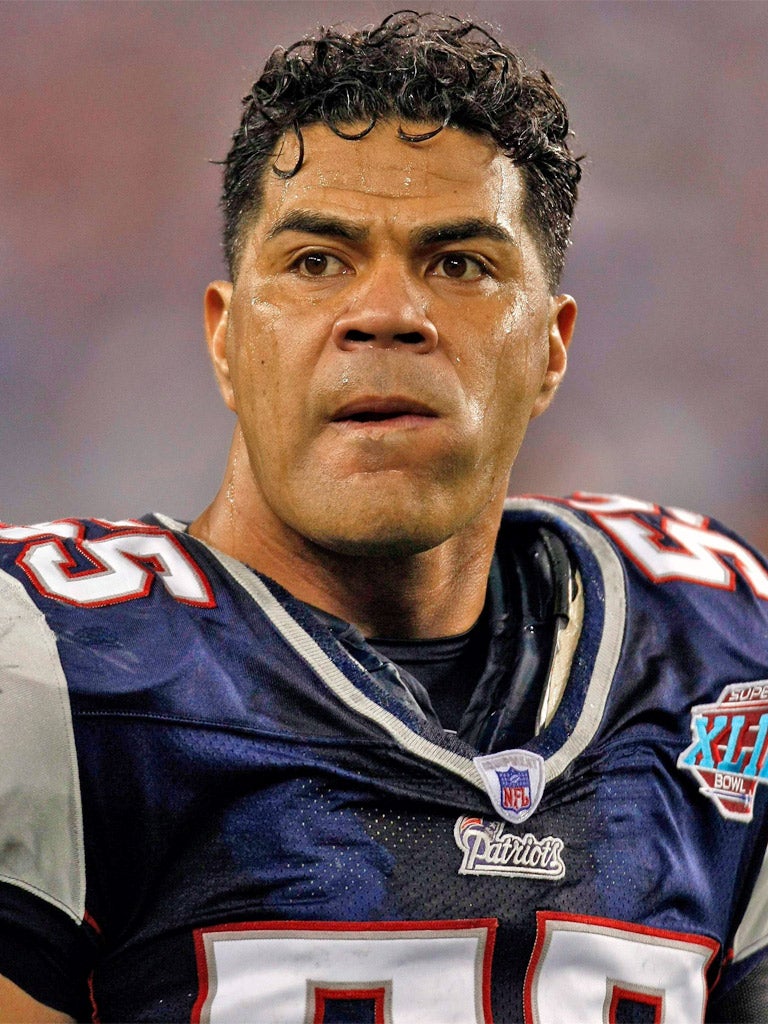American Football: Former gridiron stars sue over claims NFL concealed dangers of powerful painkiller

The $9bn National Football League, flagship of America's richest and most popular sport, is facing an avalanche of lawsuits from former players over concussions and head injuries – an issue that poses a growing threat to the long-term survival of the game in its present form.
Central to many of the claims is the NFL's use of the powerful anti-inflammatory drug Toradol, which some players argue masked the pain of head injuries and led them to play on and suffer concussions as a result. Many involved in the legal action claim players were lined up in what they termed a "cattle call" to be injected with the drug, regardless of whether they were injured or not.
More than 50 separate cases have been filed involving at least 1,200 players. Twelve are suing the league specifically over the use of Toradol. But they all make essentially the same charge: that for decades the NFL neglected the dangers of concussions, or worse, knew of those risks but deliberately concealed them from its players.
The league could potentially be liable for billions of dollars in damages. Public concern about the issue has been heightened by the suicides of several former players, most recently the San Diego Chargers linebacker Junior Seau, 43, on 2 May. The suicides have been linked to depression caused by repeated head injuries.
Legal experts say the cases will not be straightforward and it will be years before any reach court. In the first place, investigators are unlikely to find a "smoking gun" memo proving that NFL executives knew the medical risks of concussions but kept the information secret.
Secondly, it will not always be clear that the injuries in question were incurred in NFL games, rather than at high school or college level. A recent study into catastrophic sports injuries found that every year at least 100 high school football players, typically aged between 15 and 18, suffered permanent brain damage.
More fundamentally, violence is integral to NFL's appeal. Tackles to the head are illegal but piledriver hits are the stuff of highlight reels. At the same time, the game's hyper-macho culture exalts playing through pain. Until lately, concussions were referred to as "getting your bell rung". A quick dose of salts, and the player would be sent back into action.
Join our commenting forum
Join thought-provoking conversations, follow other Independent readers and see their replies
0Comments